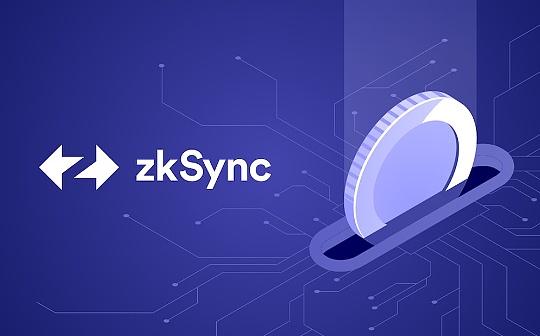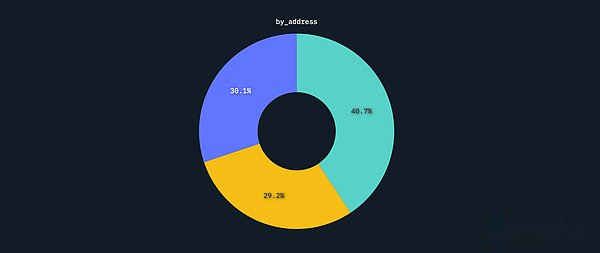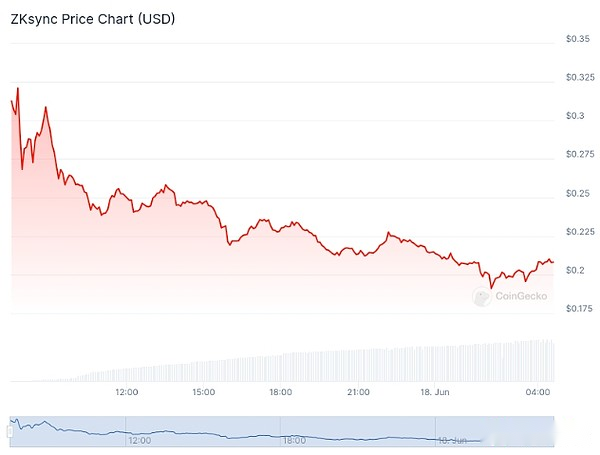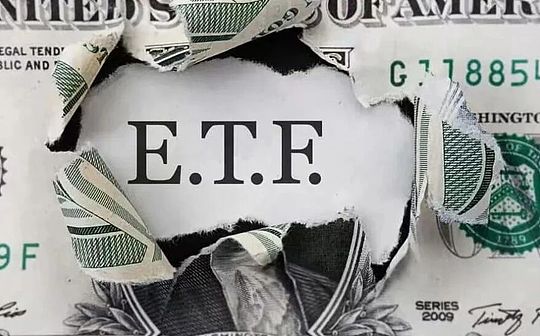
Author: Jesse Coghlan, CoinTelegraph; Compiled by: Wuzhu, Bitchain Vision
Nearly half of the top wallets that received new zkSync (ZK) tokens on Monday have sold all allocations in the airdrop, causing the price of ZK to fall by 34.5% since its launch.
Data from blockchain analytics company Nansen showsNearly 41% of tracked addresses sold all their airdrops, while 29.2% sold at least some of the tokens.The total sales of the two groups exceeded 486 million ZK.
More than 30% of the top receiving wallets hold their ZK tokens.
The data covers the “top 10,000 addresses” that received the ZK airdrop, but it only covers about 1.4% of the 695,232 wallets that zkSync said last week were eligible for 3.7 billion ZK token airdrops.

Nansen tracked the “top 10,000 addresses” that received the ZK airdrop, with the sale address being green and some of the sale address being yellow.Source: Nansen
The nonprofit zkSync Association (created last week by zkSync developer Matter Labs) posted a message to X earlier on June 17 that 45% of tokens were claimed in less than two hours, and the load led to some initialNetwork issues.
As of the time of this article, more than 491,000 wallets have received nearly 75% of the airdrop ZK, according to data compiled by Matter Labs data scientist Landon Gingerich.
According to CoinGecko, ZK has plummeted 34.5% in the past day, hitting a high of $0.32 shortly after launch, but has now fallen to around $0.20.

The price of ZK tokens has fallen by 33.5% in the past 24 hours.Source: CoinGecko
The total supply of the token is 21 billion, with a full dilution value of more than $4.4 billion.
butCurrently, only 17.5% of the total supply in the market, its market capitalization is about $772 million — a peak decline from $1.1 billion shortly after its launch.
Top wallets sold out sharply after zkSync defended itself in response to criticism of airdrop standards, with some saying its anti-Sybil measures were too loose to prevent entities using multiple wallets for airdrop games.
The project updated a document on June 15, claiming that radical Sybil filtering could mislabel real users, so it chose a “unique airdrop design” that is supposedly designed to reward the most organic users.








